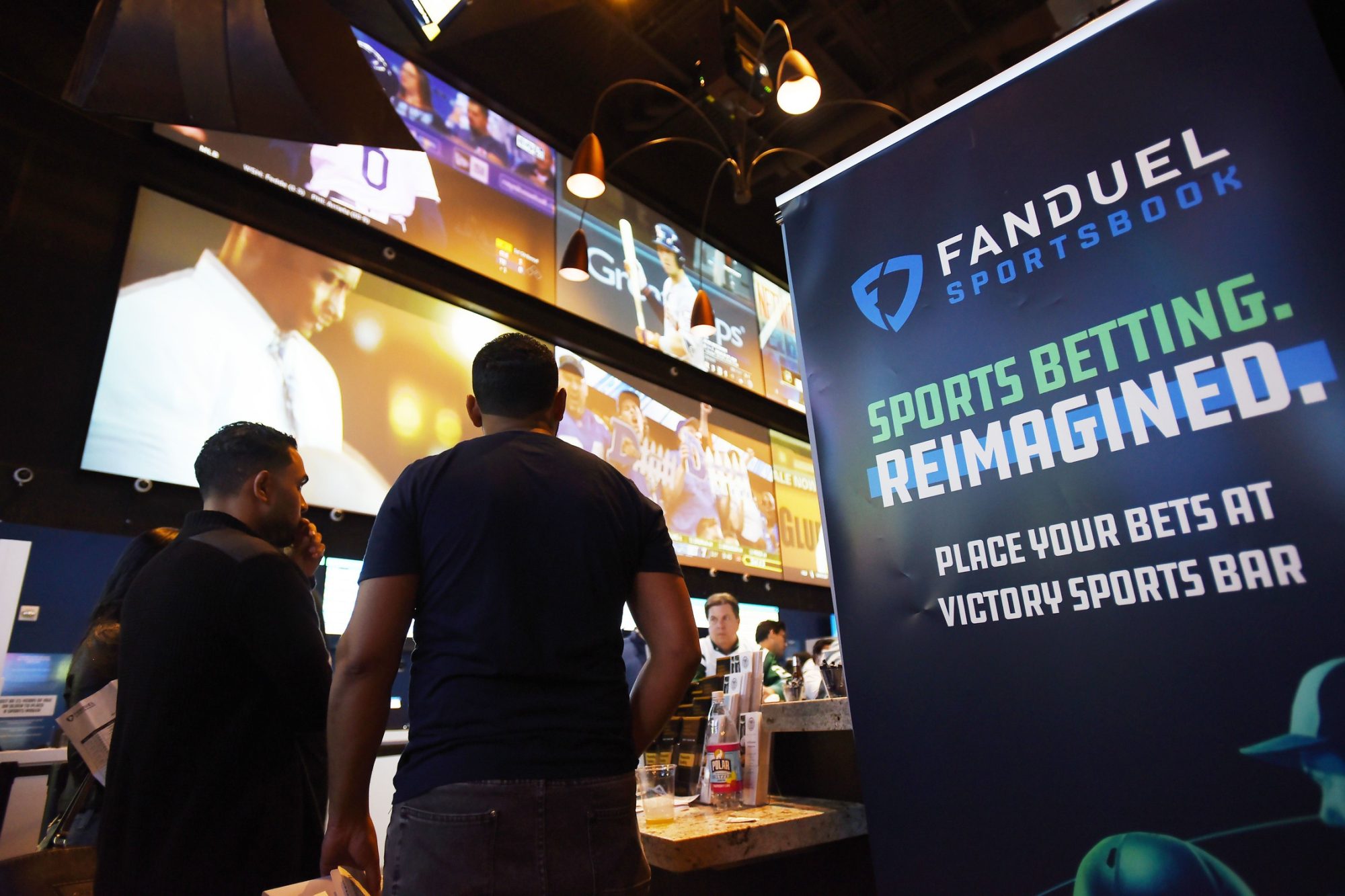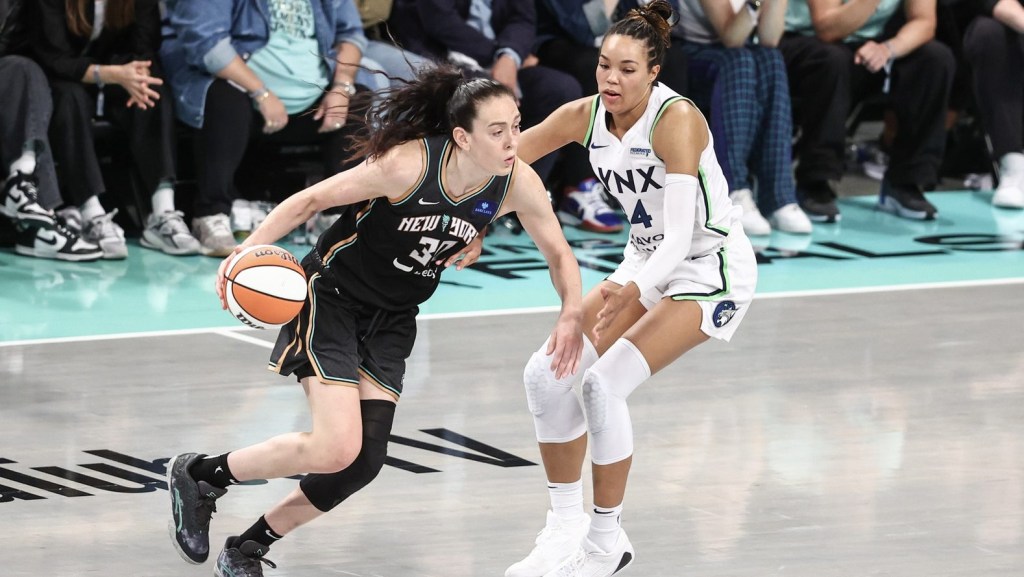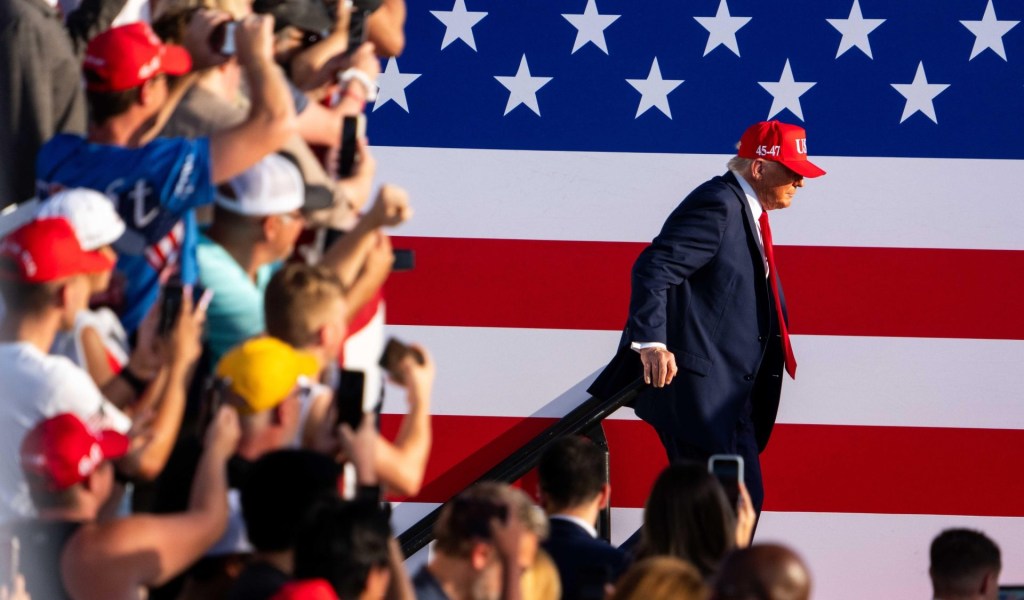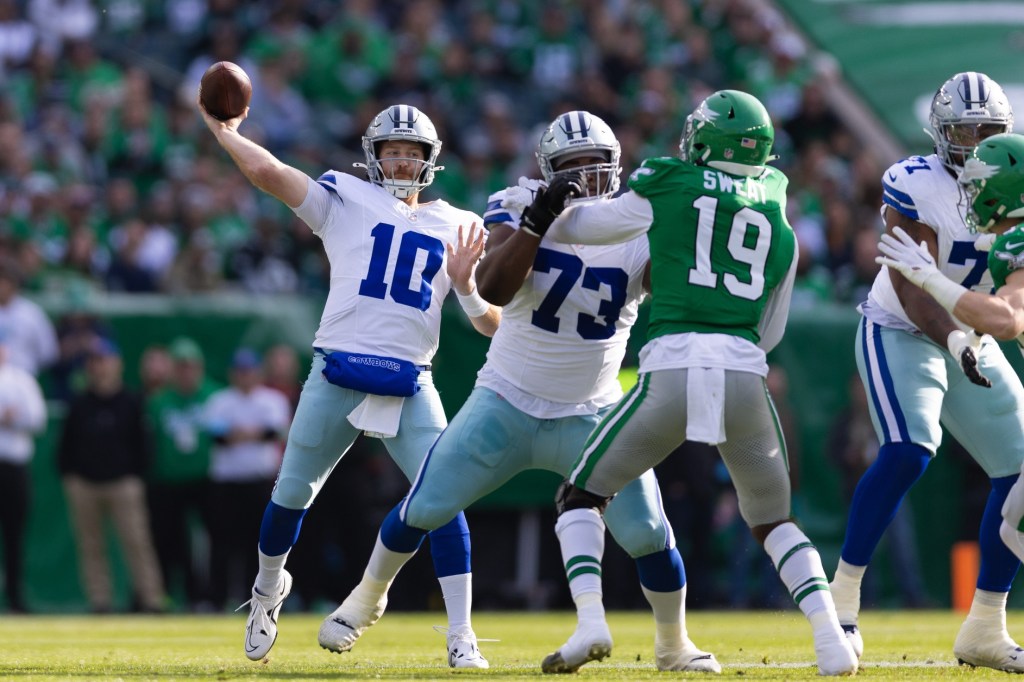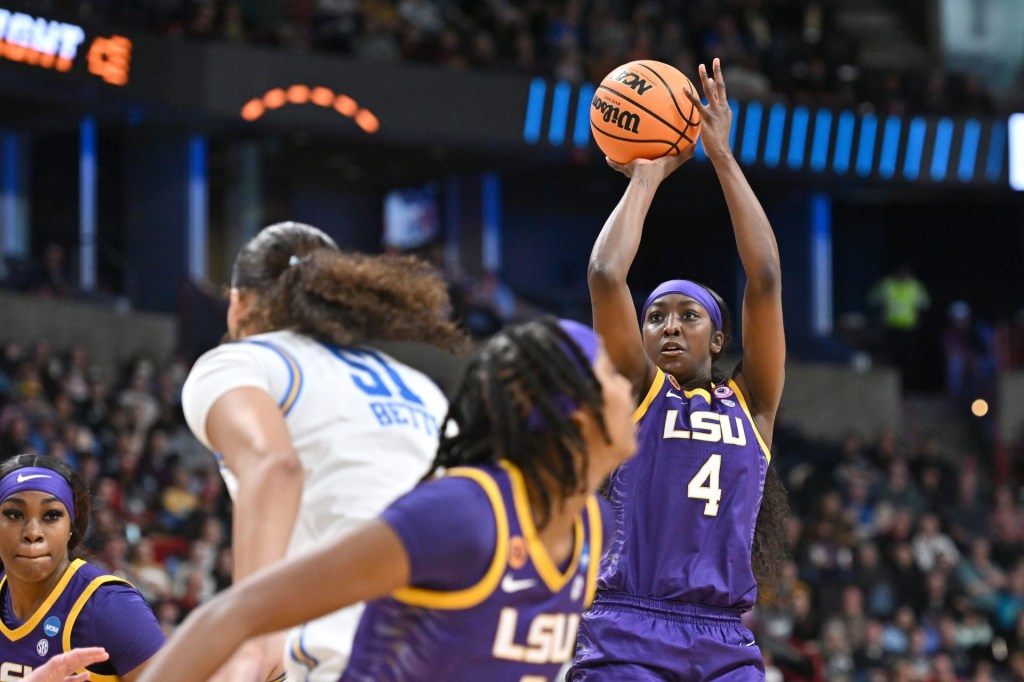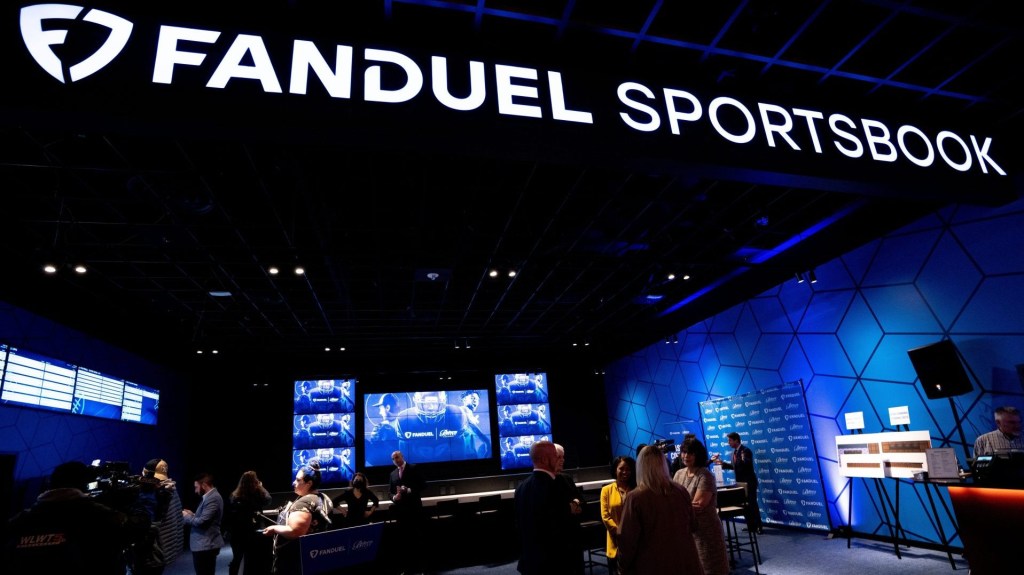The U.S. economic backdrop has nosedived since President Trump announced sky-high reciprocal tariffs affecting U.S. imports from all over the globe—and then pausing the decision a week later. As markets plummet, then surge, then drop again, no business sector seems safe.
But investment bank Stifel thinks sports betting will be more resilient.
In a research note entitled, “Xmas Wish List: Names That Should Be Viewed As ‘Best In Class’ Against Recession/Tariff Fears,” Stifel analysts include FanDuel parent company Flutter Entertainment among other “High-Quality, Defensive Stocks To Own” in gaming and leisure.
The recent market selloff provides an opportunity for investors who want “quality, growth” names—and online sports betting operators Flutter and DraftKings both fit the bill, given their “immaterial direct exposure to tariffs,” the analysts write.
“We feel comfortable owning either,” Stifel says, but they favor Flutter over DraftKings because it’s “the global market leader with a more diversified geographic footprint,” and has other characteristics—such as higher parlay mix—that give it advantages.
The analysts say online sports betting isn’t immune from a broader pullback in consumer spending, a natural consequence of companies having to pass on higher tariff costs onto customers. The note was written before most of the tariffs Trump announced on April 2 were put on pause; but goods imported to the U.S. from China will be hit with a higher 125% tariff, and the 10% across-the-board tariffs will remain, Trump said last week.
Banks still see a recession this year as a possibility. JPMorgan economists wrote in a note last week: “Combined with the ongoing policy chaos on trade and domestic fiscal matters, along with the still-large losses in equity markets and hit to confidence, it remains difficult to see the US avoiding recession.”
Can Sports Betting Weather a Cutback in Discretionary Spending?
If the U.S. does fall into recession, Stifel analysts argue that more people could turn to sports betting as a result of cutting back in other spending areas. Wager sizes are relatively small and betting can easily be done at home (or on your phone).
“If you think about the consumer and the sort of escapism sports betting offers, it should be resilient on a broad basis,” Barry Jonas, who covers the gaming industry at Truist Securities, tells Front Office Sports. Jonas also points to the 90-10 rule when it comes to betting operators’ profits: Around 10% of bettors drive the bulk of their profitability.
Nothing is truly recession-proof, but Jonas says if there’s anywhere in the consumer discretionary space that would prove resilient, it’s sports betting.
Another reason sports betting can weather an economic storm: any recession will likely mean weaker tax revenues, which would encourage states to expand efforts to legalize sports betting. Sports betting is legal in 39 states and Washington, D.C., providing an economic boost for states and local economies.
Stifel analysts acknowledge that concerns centered on problem gambling and online betting eating into bricks-and-mortar betting shops have been a challenge to further legalization. But “historically the need for tax revenues trumps other concerns when states are contemplating gambling expansion,” they wrote.
Last month Flutter reported a 14% increase in fourth-quarter 2024 revenue to $3.8 billion, and a 19% increase for the entire year to $14.05 billion. FanDuel remains the clear market leader in many states, controlling as much as 45% of revenue. Flutter said that more broadly, FanDuel is claiming 43% of U.S. sportsbook gross gaming revenue.
In addition to Flutter, the other three leisure and gaming companies Stifel singled out in its note include OneSpaWorld Holdings, International Game Technology, and Royal Caribbean. These businesses, say the analysts, have “no material direct tariff impacts,” as well as solid financial characteristics that “should help keep them isolated from a material downturn in consumer spending.”
